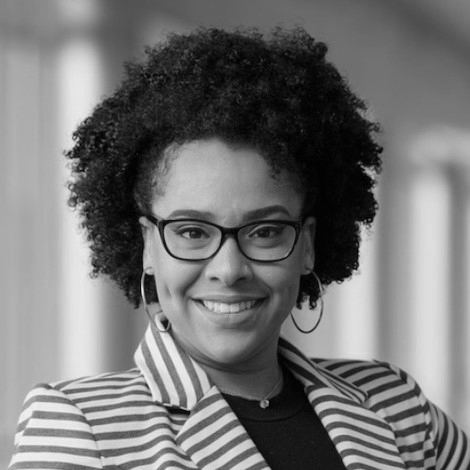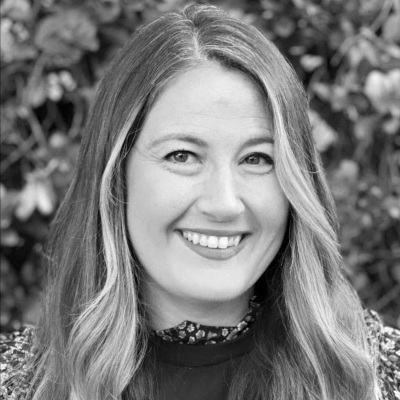PTSD Checklist for DSM-5
What is the PTSD Checklist for DSM-5?
The PTSD Checklist for DSM-5 (PCL-5) is a 20-item self-report measure that assesses the presence and severity of PTSD symptoms. Items on the PCL-5 correspond with DSM-5 criteria for PTSD. The PCL-5 can be used to quantify and monitor symptoms over time, to screen individuals for PTSD, and to assist in making a provisional or temporary diagnosis of PTSD.When should the PCL-5 be used?
As a part of measurement-based care, the PCL-5 is often used to supplement diagnostic batteries and treatment progress, much the same way that blood glucose is measured throughout the treatment of diabetes. Routine use allows patients and providers to track changes over time and to objectively track symptom improvement as well as symptoms that might need additional attention or a different intervention. It is very important to note that this questionnaire does not replace the need for formal diagnostic assessment and that this screening measure is primarily used to inform clinical decision making. To be clear, you cannot substantiate a diagnosis of PTSD with the PCL-5 alone. However, it is helpful to determine whether or not a diagnosis of PTSD needs to be considered and to track treatment progress for those already diagnosed with PTSD.
Photo by Andrew Gaines on Unsplash
The PTSD Checklist for DSM-5 is a psychometrically sound measure of DSM-5 PTSD symptoms. It is valid and reliable and has been demonstrated to be effective in quantifying PTSD symptom severity. It is also sensitive to change over time in military service members and undergraduate students. Good clinical care requires that clinicians monitor patient progress. Previous research suggested a 5-point difference was a minimum threshold for determining whether an individual has responded to treatment, whereas a 10-point change was the minimum threshold for determining whether the improvement is clinically meaningful using the PCL for DSM-IV. Change scores for PCL-5 are currently being determined; it is expected that reliable and clinically meaningful change will be in a similar range.
Take the PCL-5 Online.

Time's up




